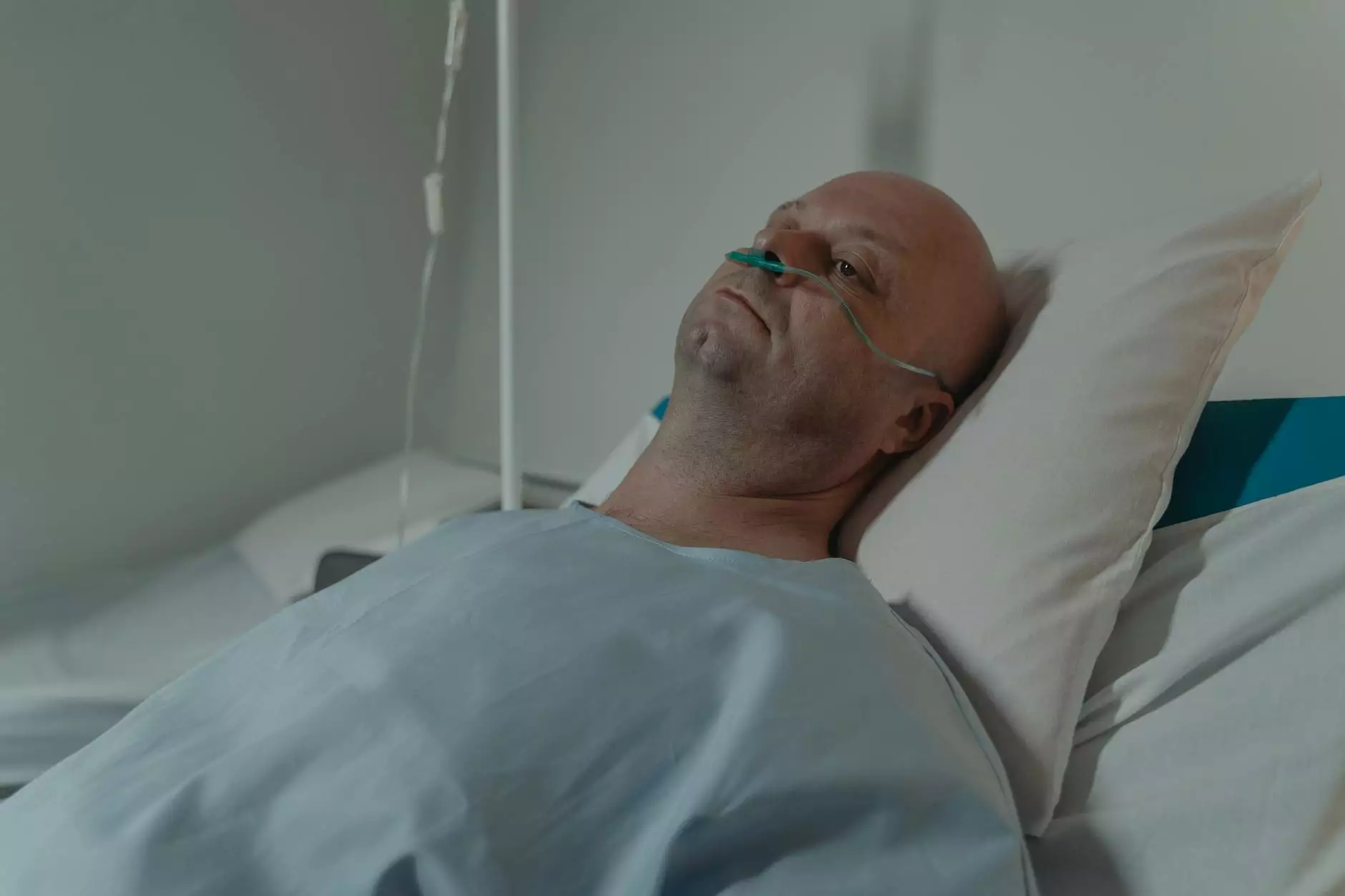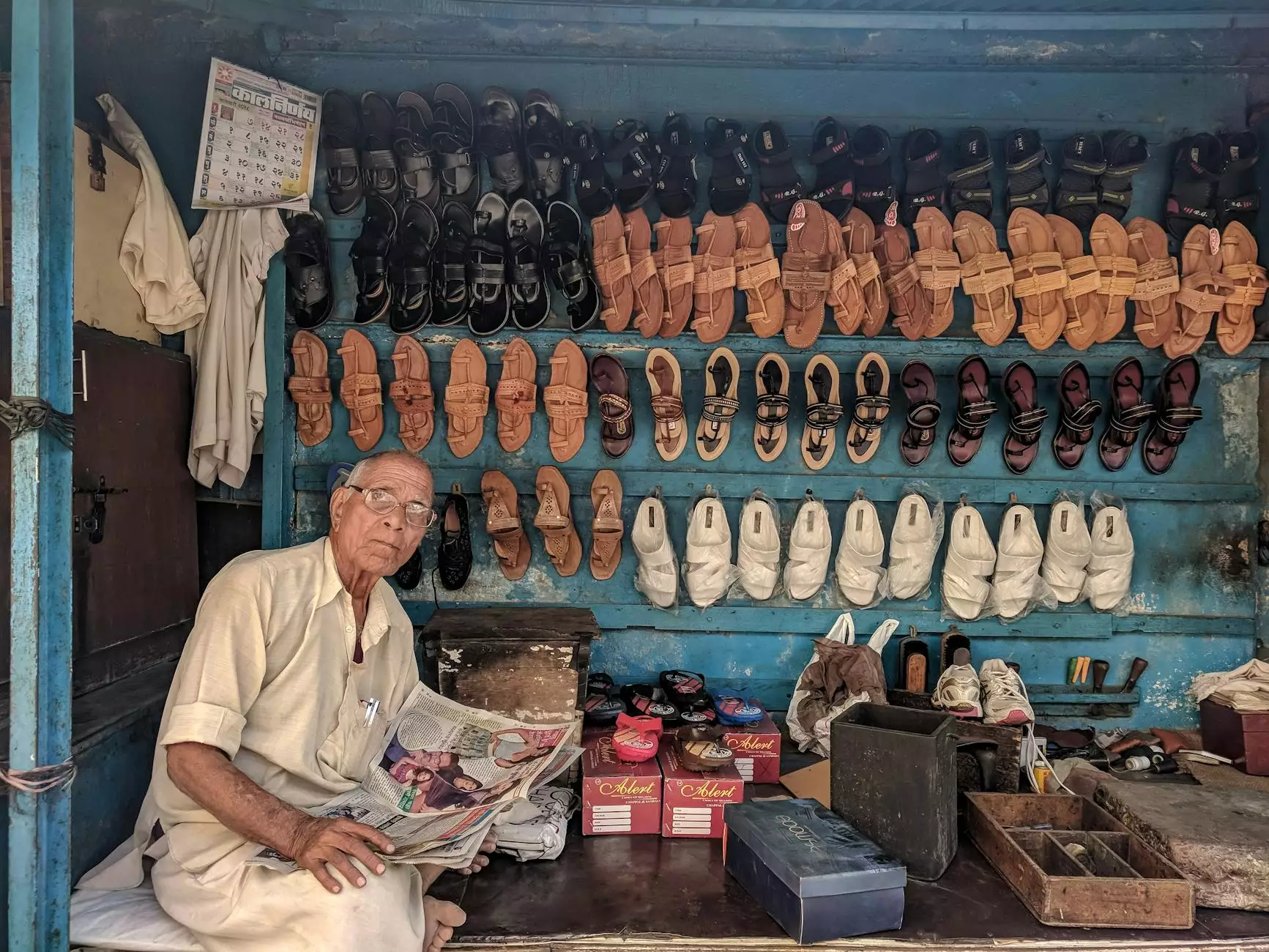Understanding the Role of Stomach Cancer Doctors

Stomach cancer, also known as gastric cancer, is a complex and formidable health challenge that affects millions of people around the world. The journey through diagnosis, treatment, and recovery from stomach cancer is significantly influenced by the expertise and care provided by stomach cancer doctors. In this article, we delve deeply into the multifaceted role these specialists play, the innovative treatments they offer, and the support they provide to patients and their families.
What is Stomach Cancer?
Stomach cancer begins in the cells of the stomach lining. It can also be referred to as gastric cancer and may develop in various parts of the stomach. Understanding the nature of stomach cancer is crucial for effective treatment, and this is where stomach cancer doctors come into play.
- Types of Stomach Cancer: The most common type is adenocarcinoma, which starts in the glandular cells of the stomach lining. Other less common types include lymphomas, gastrointestinal stromal tumors (GISTs), and carcinoid tumors.
- Risk Factors: Factors increasing risk include age, family history, ethnicity, certain infections (notably Helicobacter pylori), and lifestyle choices such as diet and smoking.
Who are Stomach Cancer Doctors?
Stomach cancer doctors are typically gastroenterologists, surgical oncologists, and medical oncologists who specialize in diagnosing and treating gastric cancer. Their expertise is not only in the medical and surgical treatment of stomach cancer but also in providing comprehensive care tailored to the individual needs of the patient.
Types of Medical Specialists Involved
The treatment and management of stomach cancer often require a multidisciplinary approach involving various specialists:
- Gastroenterologists: Experts in diagnosing and treating disorders of the gastrointestinal tract, they perform endoscopic examinations to assess gastric health.
- Surgical Oncologists: Surgeons specialized in cancer surgery, particularly those who perform gastrectomies (partial or total removal of the stomach).
- Medical Oncologists: Physicians who specialize in chemotherapy and other systemic treatments for cancer, including targeted therapies.
- Radiation Oncologists: Specialists in delivering radiation therapy as part of stomach cancer treatment.
- Dietitians and Nutritionists: Important members of the healthcare team who help patients maintain proper nutrition during treatment.
The Role of a Stomach Cancer Doctor in Diagnosis
Diagnosing stomach cancer involves a combination of medical history assessment, physical exams, laboratory tests, and advanced imaging techniques. Here’s how stomach cancer doctors contribute to this critical process:
1. Evaluating Symptoms
Patients experiencing symptoms such as persistent stomach pain, difficulty swallowing, nausea, and unexplained weight loss should consult a stomach cancer doctor. Early intervention is key.
2. Diagnostic Testing
Diagnosis typically includes the following tests:
- Endoscopy: A procedure where a thin tube with a camera is inserted into the stomach to look for abnormal areas.
- Biopsy: During endoscopy, doctors may take a tissue sample for laboratory analysis to confirm cancer.
- Imaging Studies: Techniques like CT scans, MRIs, and ultrasounds help determine the cancer's location and stage.
Treatment Options Provided by Stomach Cancer Doctors
Once diagnosed, the next step is treatment. The approach varies significantly based on the cancer's stage, the patient’s overall health, and personal preferences. Here are the main treatment modalities employed by stomach cancer doctors:
1. Surgery
For localized stomach cancer, surgical intervention is often the primary treatment. Options include:
- Partial Gastrectomy: Removal of the affected part of the stomach.
- Total Gastrectomy: Complete removal of the stomach, where the esophagus is connected directly to the intestine.
2. Chemotherapy
Chemotherapy may be used before surgery to shrink tumors or after to kill remaining cancer cells. Medical oncologists coordinate chemotherapy treatment plans that can include:
- Neoadjuvant Chemotherapy: Administered before surgery to reduce tumor size.
- Adjuvant Chemotherapy: Given post-surgery to eliminate any residual cancer.
3. Radiation Therapy
Radiation therapy may be suggested, particularly if the cancer has spread or for patients who are not surgical candidates. It helps by targeting and shrinking tumors.
4. Targeted Therapies
Advancements in cancer treatment have led to targeted therapies that focus on specific biological markers in cancer cells. Stomach cancer doctors often personalize treatment based on these genetic features.
Support and Follow-Up Care
The role of stomach cancer doctors extends beyond the treatment itself. Providing support and follow-up care is critical to ensuring successful recovery and management. Here’s how they support patients:
1. Emotional and Psychological Support
Cancer diagnosis can be overwhelming. Stomach cancer doctors often collaborate with mental health professionals to provide psychological support and counseling to patients and their families.
2. Nutritional Guidance
Given the impact of stomach cancer and its treatment on eating and nutrition, dietitians play a crucial role. Stomach cancer doctors work closely with nutritionists to ensure patients receive adequate nutrition, which is vital for recovery.
3. Monitoring for Recurrence
Regular follow-ups are essential in the years following treatment. Stomach cancer doctors schedule routine check-ups and tests to monitor for any signs of recurrence, adjusting treatment plans as necessary.
Advancements in Stomach Cancer Treatment
The field of oncology is continuously evolving with research and clinical trials shaping the future of stomach cancer treatment. Stomach cancer doctors are at the forefront of these developments:
1. Precision Medicine
With ongoing research into the genetic makeup of tumors, precision medicine tailors treatment strategies that specifically target a patient's unique cancer profile.
2. Immunotherapy
This innovative treatment strategy uses the body’s immune system to fight cancer. Clinical trials are ongoing to explore its efficacy for stomach cancer, pushing the boundaries of traditional treatment.
3. Minimally Invasive Techniques
Advancements in surgical technology have led to minimally invasive surgery options, which typically involve smaller incisions, reduced pain, faster recovery times, and decreased hospital stays.
Choosing the Right Stomach Cancer Doctor
Finding the right specialist is crucial for effective stomach cancer management. Consider the following when selecting a stomach cancer doctor:
- Credentials and Experience: Look for a doctor with relevant credentials and significant experience in treating stomach cancer.
- Multidisciplinary Approach: Ensure the clinic or hospital has a team of specialists available to provide comprehensive care.
- Patient-Centric Care: Choose a doctor who listens to your concerns, respects your choices, and is compassionate.
- Access to Clinical Trials: Inquire if the facility participates in clinical trials, as this can provide access to cutting-edge treatments.
Conclusion
Stomach cancer doctors play a pivotal role in the challenging landscape of stomach cancer management. From accurate diagnosis and innovative treatment options to supportive care and advancements in research, these specialists are essential allies for patients navigating this complex disease. Understanding their integral role and how they can impact your treatment journey is crucial to achieving the best possible outcomes. If you or a loved one is facing a diagnosis of stomach cancer, seek the guidance of experienced stomach cancer doctors at oncologicalsurgery.net to empower your journey toward recovery.









